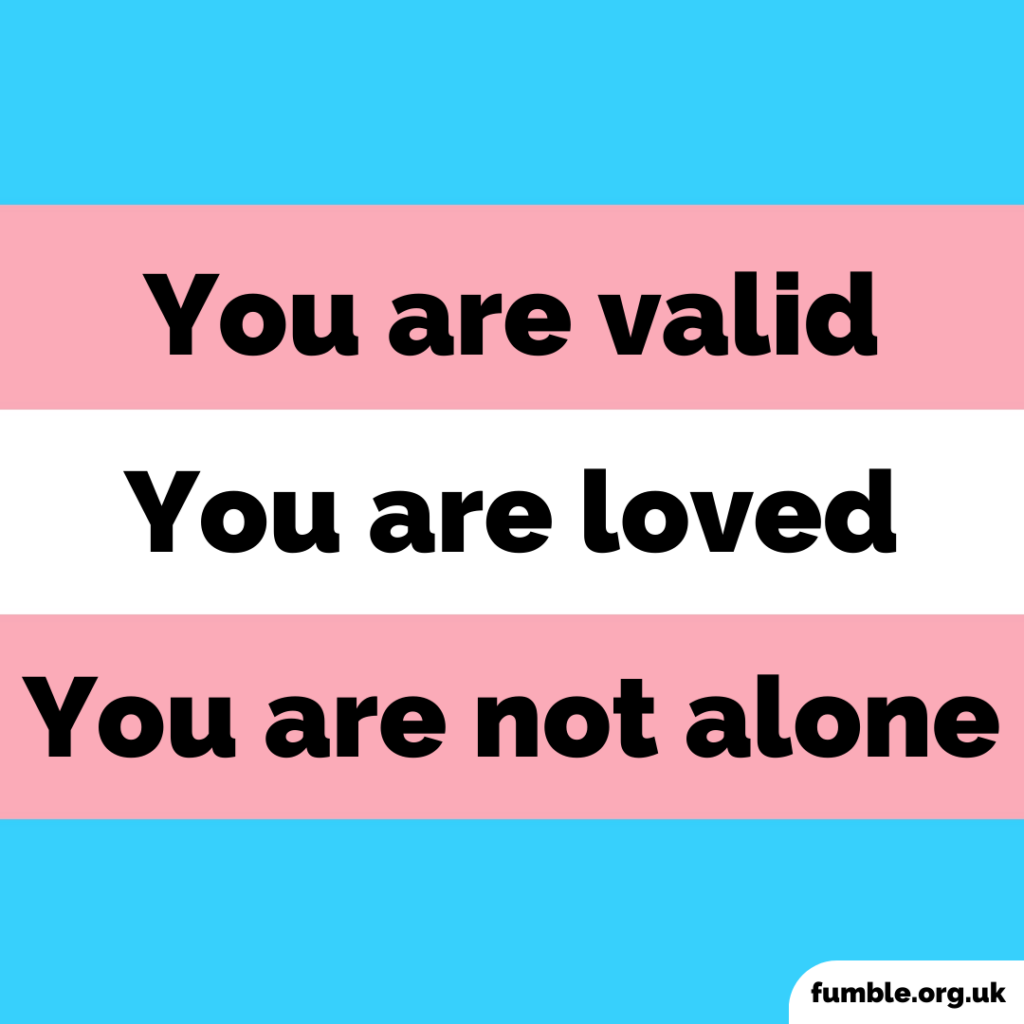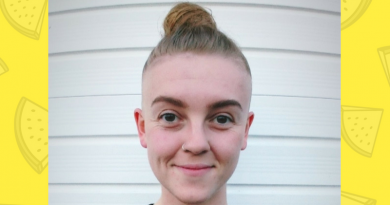Let’s talk about trans men
At a pivotal moment in the fight for transgender rights, Morven Loh asks: why people aren’t talking more about trans men?
At the moment it feels like we’re at the tip of a (hopefully) massive shift in attitudes towards gender and sexuality. We’re seeing more people talking about gender equality, different gender identities and lots of activists are challenging homophobia and transphobia.

Today, I want to turn the conversation towards trans men or FTM (female to male) trans people. (I’ll use the term ‘trans men’ throughout, but I’m aware not all FTM trans people identify by this term, and that it does not encompass all identities either.) Recently we’ve seen a rise in transgender awareness, yet the majority of campaigns have mainly focused on trans women. Now, I can’t say this enough: I am not saying we need to see less from trans women.
Transgender women are the most highly targeted demographic for discrimination and abuse, especially trans women of colour. Transphobia is persistent and it is deadly, and trans women are the ones who often pay the price. And, at the same time, as with any social movement, progress is tricky and nuanced.
Dismantling dangerous myths
There are some really dangerous myths surrounding trans men, and this can lead to erasure within both queer communities and mainstream society.
Now before we untangle these issues, we have to understand the enemy we’re battling here. In western societies, gender is understood as a binary, with two boxes for us all to fit neatly into, either man or woman, based on our biological sex.
Trans men are men
Western society privileges men and certain forms of masculinity, over women and certain forms of femininity. This means whenever women act out of their stereotype, they stick out. It’s the same when men adopt forms of femininity, they stick out too. When this comes to understanding trans identities, no wonder it can feel complicated! We’re fighting the patriarchy with one hand, and misogyny with the other!
It usually takes less time for trans men to transition. After a few years of testosterone treatment, most strangers perceive their actual gender. Because we have been trained to see men as ‘neutral’, people don’t always question their gender identity – unlike trans women, who constantly have to battle strangers trying to work out their ‘real’ gender.
Of course it isn’t that easy. Pre and during transition, (some) trans men are seen as ‘butch lesbians’ or ‘teenage boys’, leading to more misgendering or mis-recognition. This is both tedious and painful because many people don’t even consider than trans men exist.
Male privilege
Another massive misconception is that trans men only transition so they can benefit from male privilege. Let’s call that out right now. Trans men are men. They just happened to be born into a body with biological traits (e.g. vagina and vulva) typically associated with being female.
Male privilege works because of patriarchy and misogyny. Male privilege works against trans men, not for them, because there’s so much social stigma and prejudice surrounding transgender identities.
Trans men aren’t necessarily straight, either. They can still have sexual and romantic attraction towards cisgender, gay men. Gender identity and sexuality are not the same thing. I’ll say it again. Trans men are men, and they can be gay, straight, bisexual, pansexual, asexual, etc.
Whilst we’ve made huge strides, we still have a long way to go. The transgender community are disproportionally targeted and discriminated against. As a group they suffer from the highest suicide and homicide rates. We need to do better.
So, here are some small things trans allies can do:
🏳️⚧️ Educate yourself on trans issues – don’t rely on trans people to constantly educate you, it’s an unnecessary use of their energy and there are so many wonderful websites out there (lots linked below). Use them!
🏳️⚧️ Use correct pronouns – it’s easy to forget and trip up, the important thing is to ask, apologise when you make a mistake and put in the effort to remember
🏳️⚧️ Call people out when they’re using transphobic language – sometimes people don’t even realise when they’ve said something transphobic, so it can often be enough to just gently tell people why the language they’ve used isn’t okay
🏳️⚧️ Talk to friends and family about trans issues – again, it’s not up to trans people to educate everyone, so opening up conversations will give people space to talk about issues they might not have been aware of
🏳️⚧️ Help raise trans voices – as allies we can share the workload while not stealing their platform. This is so important. We have to help get trans voices out there, not erase them
🏳️⚧️ Treat people as people – sometimes it can be that simple
Other support
- Transphobia: What is it and how can we challenge it?
- How to be an ally to someone who is gender non-conforming
- How to support someone who’s transitioning
- Terrence Higgins Trust – Sex and sexual health for trans men and trans masculine people
- Stonewall – The truth about trans
Read more
Last Reviewed 5 July 2023
Image Credit: Kyle via Unsplash





